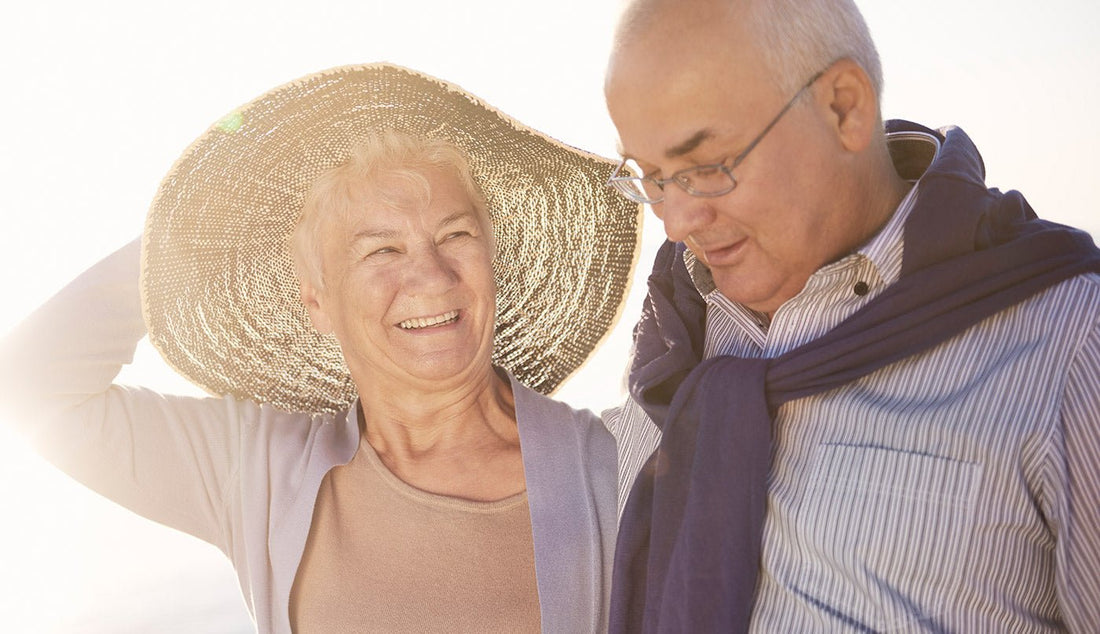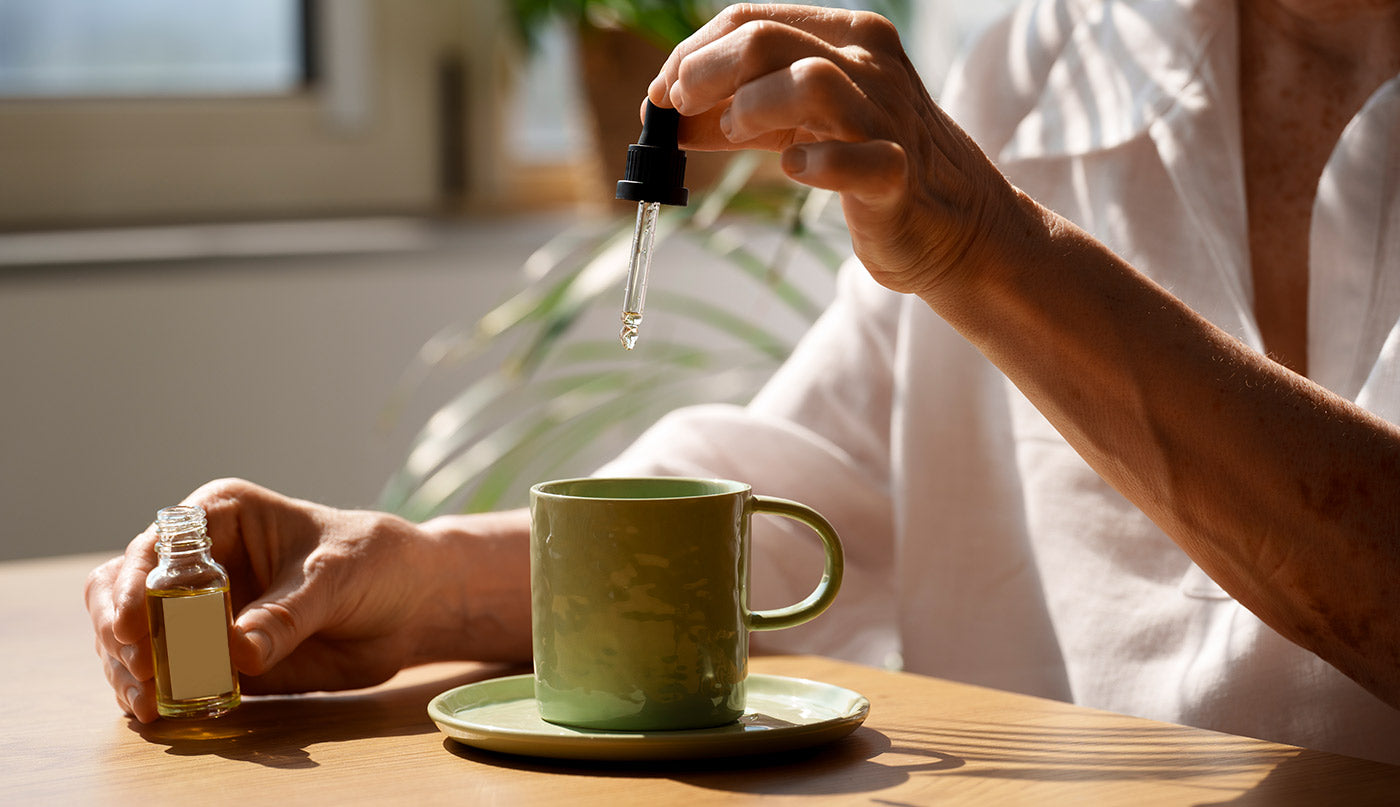
Holistic Treatments for Parkinson’s: Exploring Natural Approaches
Parkinson’s disease is a progressive neurological condition that affects movement, cognition, and overall quality of life. While traditional medical treatments, such as medications and surgeries, are often effective in managing symptoms, a growing number of individuals are turning to holistic approaches to complement these conventional therapies.
Understanding Parkinson’s Disease and Its Types
Parkinson’s disease can be categorised into the following types:
-
Idiopathic Parkinson’s Disease (Primary Parkinsonism):
- The most common type, with no identifiable cause.
- Symptoms include tremors, rigidity, bradykinesia (slowness of movement), and postural instability.
-
Parkinsonism Plus Syndromes (Atypical Parkinsonism):
- Includes conditions such as Progressive Supranuclear Palsy (PSP), Multiple System Atrophy (MSA), and Corticobasal Degeneration (CBD).
- These progress more rapidly and may not respond well to traditional Parkinson’s medications.
-
Secondary Parkinsonism:
- Caused by identifiable factors such as certain medications, toxins, or strokes.
-
Young-Onset Parkinson’s Disease (YOPD):
- Affects individuals under 50 years old and often progresses more slowly.
-
Genetic Parkinson’s Disease:
- Caused by specific genetic mutations and typically runs in families.
Holistic Treatments for Parkinson’s Disease
Holistic treatments focus on improving overall well-being by addressing physical, mental, and emotional health. Here are some evidence-based holistic approaches:
-
Diet and Nutrition
- A balanced diet rich in antioxidants, fiber, and healthy fats can support brain health.
- Foods like berries, leafy greens, and nuts may help reduce oxidative stress linked to Parkinson’s.
- The Mediterranean diet and ketogenic diet have been studied for their potential neuroprotective effects.
Dr. Fiona MacDonald, a nutrition scientist in Melbourne, emphasizes, “A nutrient-dense diet can not only support brain function but also improve gut health, which plays a crucial role in managing Parkinson’s symptoms.”
-
Exercise and Movement Therapies
- Regular physical activity improves mobility, balance, and overall quality of life. Popular options include:
- Yoga and Tai Chi: Enhance flexibility, balance, and relaxation.
- Dance Therapy: Dance can improve motor control and mood.
- Strength Training: Builds muscle mass and reduces rigidity.
Dr. Andrew Hughes, a neurologist based in Sydney, states, “Exercise is one of the most effective non-pharmacological interventions for Parkinson’s. It’s like medicine for the brain.”
-
Mind-Body Practices
- Practices that promote relaxation and mental clarity can help reduce stress and improve symptom management:
- Meditation and Mindfulness: Reduce anxiety and improve emotional resilience.
- Acupuncture: Some studies suggest acupuncture may help alleviate motor symptoms and pain.
- Massage Therapy: Relieves muscle stiffness and improves circulation.
-
Herbal and Nutritional Supplements
- Certain supplements may offer neuroprotective benefits or symptom relief:
- Coenzyme Q10 (CoQ10): Supports mitochondrial function.
- Omega-3 Fatty Acids: May reduce inflammation and support cognitive health.
- Curcumin: Found in turmeric, it has anti-inflammatory properties.
Always consult a healthcare provider before starting supplements, as interactions with medications can occur.
-
Sleep Optimisation
- Sleep disturbances are common in Parkinson’s. Establishing good sleep hygiene can improve rest and reduce fatigue.
- Maintain a consistent sleep schedule.
- Create a calming bedtime routine.
-
Gut Health and Probiotics
- Emerging research links gut microbiota to Parkinson’s progression. Probiotics and prebiotics may help balance gut bacteria and improve gastrointestinal symptoms.
Dr. Emily Tran, a microbiome researcher from Brisbane, notes, “There is growing evidence that the gut-brain connection plays a significant role in Parkinson’s disease. Addressing gut health can be a game-changer.”
-
Emotional and Social Support
- Counseling, support groups, and therapy can help individuals cope with the emotional toll of Parkinson’s.
- Art and music therapy may also provide creative outlets for expression and stress relief.
-
Alternative Therapies
- Alternative Oils: Some studies suggest alternative medicine may help reduce anxiety, improve sleep, and alleviate pain.
- Aromatherapy: Essential oils like lavender and peppermint can promote relaxation and reduce tension.
Dr. Sarah Collins, a holistic practitioner in Perth, adds, “While more research is needed, therapies like CBD oil have shown promise in improving quality of life for some patients.”
How to Incorporate Holistic Treatments
- Consult a Specialist: Always discuss any new treatment with your healthcare provider to ensure safety and compatibility with current therapies.
- Start Gradually: Introduce one or two holistic treatments at a time to gauge their effectiveness.
- Track Progress: Keep a journal to monitor symptoms and improvements.
The Future of Parkinson’s Care
In Australia, researchers are leading the way in understanding Parkinson’s and developing innovative treatments. Holistic approaches are increasingly recognized as vital components of comprehensive care. Dr. James Wilson, a neuroscientist at the University of Queensland, concludes:
“Integrating holistic treatments with traditional medicine provides a powerful framework for improving both symptom management and overall quality of life for individuals with Parkinson’s.”
Summary
Holistic treatments for Parkinson’s disease offer a valuable complement to traditional medical approaches. By addressing physical, mental, and emotional health, these therapies empower individuals to take a proactive role in managing their symptoms and improving their quality of life.
From dietary adjustments and exercise to mind-body practices and emerging alternative therapies, a holistic approach provides a well-rounded strategy for navigating life with Parkinson’s. As research and understanding continue to evolve, these natural interventions offer hope for a future where every individual can live with greater ease and resilience.

